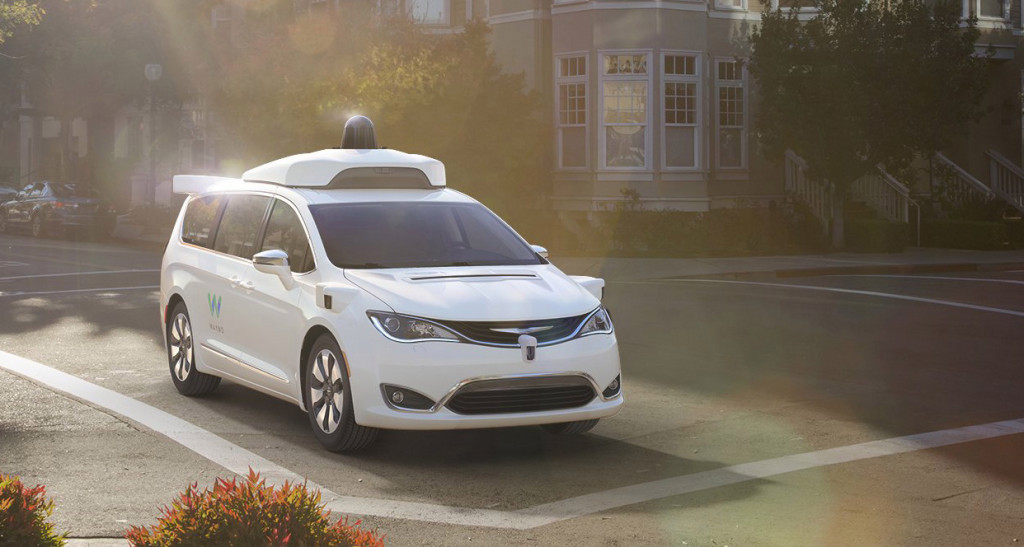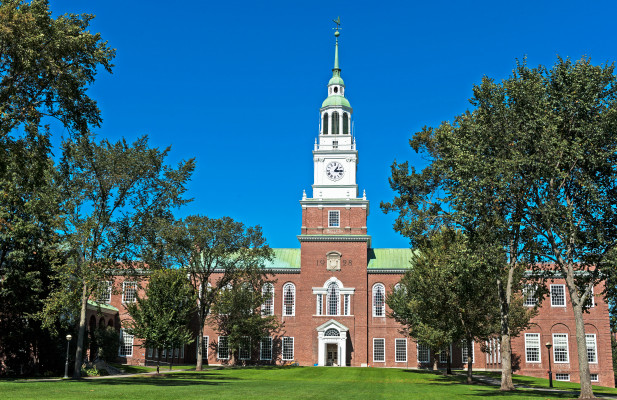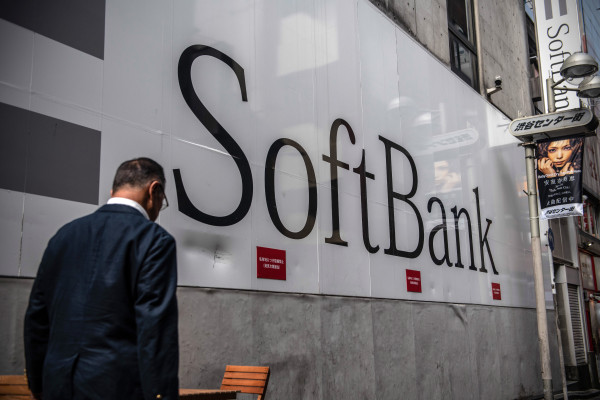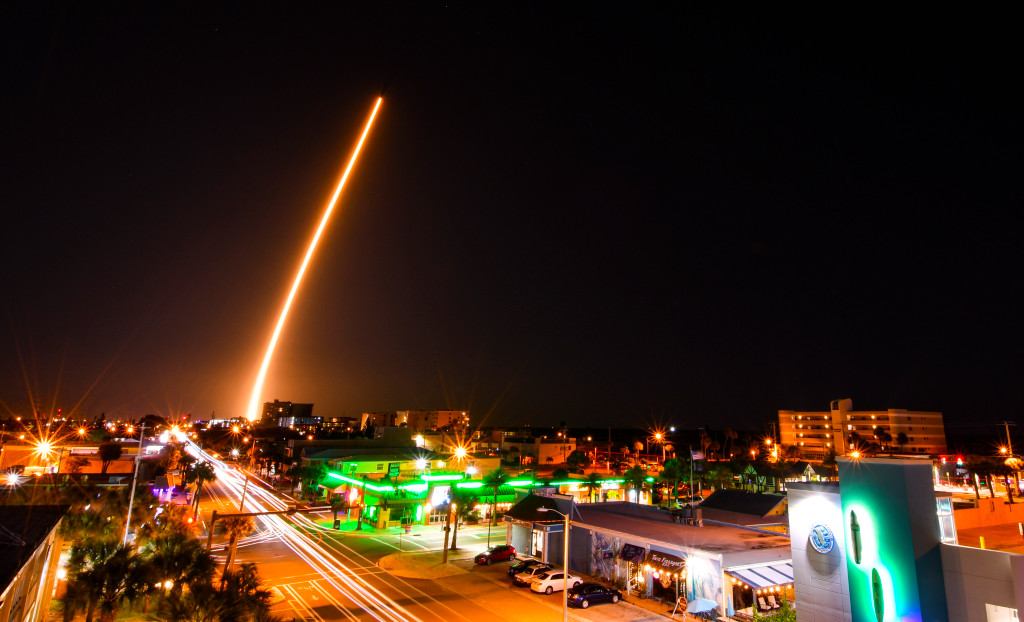If a self-driving car delivers pizza to your house, will a human still carry the box right to your door?
Californians may soon be asking these types of questions after the Department of Vehicles’ announcement that it will begin approving applications for permits for light-duty autonomous delivery vehicles next month. The state said it will be granting permits for testing with or without a safety driver.
A vehicle without a safety driver must meet additional requirements, including “a communication link between the vehicle and a remote operator and the ability to display or transfer vehicle owner or operator information in the event of a collision,” the DMV said in its announcement late Tuesday.
Regardless of whether there’s a driver behind the wheel, the vehicles must not weigh more than 10,000 pounds, which appears to rule out trucks the size of FedEx or UPS trucks. Delivery vans, midsize pickup trucks and passenger cars are among the vehicles that will qualify.
Companies that want to charge a delivery fee must apply for a commercial use permit.
Experts and analysts predict the state could see a rush of applications.
“This will open up the floodgates for many pilot and other programs to kick into fifth gear for 2020,” said Dan Ives, managing director of equity research for Wedbush Securities.
Michael Harley, executive editor at Kelley Blue Book, agreed, adding that he thinks a company like Amazon would want to apply immediately. “I would imagine that just about every company would want to jump on the bandwagon,” he said.
Amazon has shown interest in different modes of delivery. Although it doesn’t currently have a permit to test self-driving vehicles in California, it has backed Silicon Valley self-driving startup Aurora, which does. Amazon also has an autonomous delivery partnership with Toyota, and has tested delivery robots called Scout in Washington state and Southern California.
The DMV released the rules after hearing from the public and various stakeholders, including tech industry groups, chambers of commerce, transportation departments and representatives from labor and the food, grocery and restaurant industry. A summary of both written and oral comments received by the agency shows that those who shared written comments or concerns, or were present at the public hearing in May, also included Silicon Valley self-driving companies Waymo, Nuro, AutoX and General Motors’ Cruise.
The California Teamsters, AAA and some neighborhood groups raised safety concerns in written comments or during the public hearing. The concerns include the amount of testing the vehicles have gone through, how disengagements and crashes will be reported by the companies and whether the vehicles will comply with local curb use regulations.
According to the DMV, companies that secure the delivery permits will be required to submit an annual disengagement report and collision reports to the agency within 10 days. That’s also required of the 65 companies that now have permits to test self-driving vehicles on the state’s public roads.
The summary of public comments also said Kodiak Robotics, Embark Trucks, Starsky Robotics and TuSimple asked the DMV to consider allowing permits for vehicles weighing more than 10,000 pounds, but the DMV said it had “unique safety concerns” regarding vehicles of that size and believed they should be part of a separate regulatory proposal.
The Teamsters also raised a concern about the fiscal impact on the state and possible elimination of jobs as a result of allowing for self-driving vehicle deliveries.
Harley from Kelley Blue Book predicts that totally human-less deliveries is still a ways off. He said companies probably won’t be able to eliminate the “last mile of delivery” — such as a human handing a customer some Chinese food — for a while.










